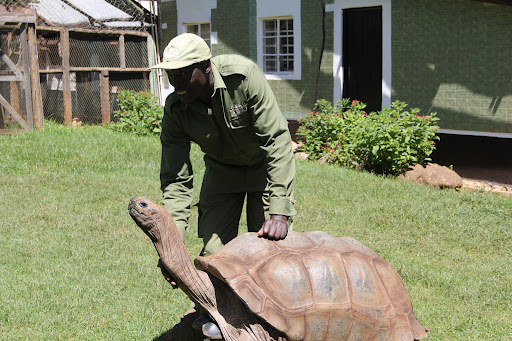
World Animal Protection is calling for urgent action to create
food systems that prioritize the welfare of animals, people, and the planet.
As the global population continues to grow, the demand for
food is rising, emphasizing the need for sustainable practices that ensure food
security and food justice through the protection of animals and the restoration
of ecosystems.
This appeal comes just a day before World Food Day, marked
on October 16, 2024.
External Affairs Lead at World Animal Protection Sally Kahiu
emphasized during an online webinar that annually, over 70 billion land animals
are raised for food through industrial production.
“Annually, over 70
billion land animals are raised for food through industrial production. This
system is fundamentally flawed. We must act now to create a food system that is
not only environmentally friendly but also sustainable and equitable for those
who work within it.” She added,
She went ahead to note that the health of the planet, food
systems, and animal welfare are interconnected adding that adopting
equitable, humane, and sustainable food systems, can secure a better
future for all.
To achieve these goals, World Animal Protection advocated
for several key changes.
Kahiu emphasized the importance of “Nationally Determined
Contributions,” urging governments to develop stronger NDC targets that address
the urgent need to transform food systems.
“We need to align with the latest climate science to limit
global warming,” she said, highlighting that equitable, humane, and sustainable
systems are essential for achieving food justice.
In addition, stakeholders must recognize the critical role
that African traditional food systems play in sustainable agriculture.
“Small-scale farmers are vital in providing food and
protecting our environment,” Kahiu noted, advocating for their recognition and
support.
Addressing harmful practices, she urged African governments
to discourage industrial animal agriculture, which she described as “climate
unfriendly.”
Instead, she called for the promotion of African traditional
food systems based on principles of nutrient circularity and agroecology.
Finally, Kahiu urged climate financiers to redirect funds to support indigenous small-scale farmers. “These farmers are crucial in providing affordable food and livelihoods to local communities,” she asserted.









